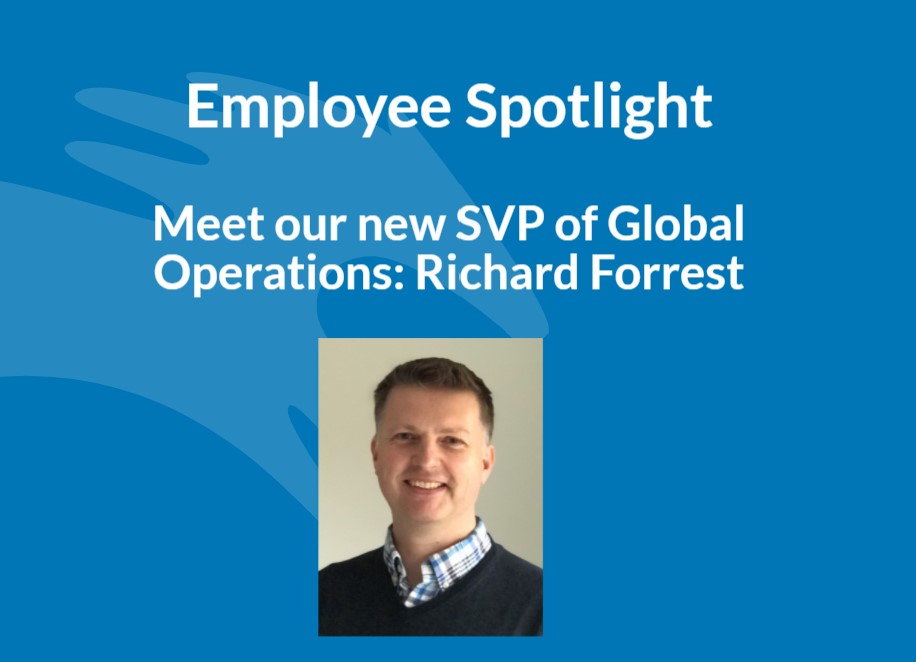As part of our employee spotlight series I’m sitting down with Cayuse Senior Vice President of Global Operations, Richard Forrest. Richard joined Cayuse in March this year, coming from Ellucian, where he was VP of Global Services Architecture and Governance for over six years. During his tenure at Ellucian, Richard influenced their 2x growth rate, with over 80% of net new business coming from outside North America. Richard’s extensive background in higher education makes him a tremendous partner for Cayuse, as we begin to build our international team and explore more opportunities in the UK, Australia, New Zealand, and beyond.
Watch the clip of our interview here (17 minutes), or read on for the recap.
You’ve had a long and storied history working in Higher Ed. Can you tell me a bit about your background and what brought you to Cayuse?
I’ve been in the Higher Ed world ever since I left Higher Ed as a student. I followed a varied academic path starting with pre-med and dentistry, and then medicinal chemistry, finally landing on computer science for a postgraduate Masters. After that I ended up being a developer at an organization that was building systems for universities. I spent a few years getting some grounding in development and project management consultancy. After that I joined Ellucian where I did two stints. Initially, I spent about 12 years working with a lot of universities around the world and gaining a good understanding in:
- university client needs and challenges;
- what makes Higher Ed and research institutions tick;
- and how those needs are very much driven by community experience.
What’s kept me in Higher Ed for 20 some years is that community sense driven by the research element of universities that’s about sharing information. And I find that a similar community sensibility filters into organizations like Cayuse and Ellucian.
You joined Cayuse a mere three months ago, what about the company and the Cayuse research platform is exciting to you?
What brought me to Cayuse was part of that community I just mentioned. I got to know Cayuse CEO, Matt McLellan over the years and I was getting to a point with Ellucian where we’d been through a growth period and then the opportunity with Cayuse came up. I was excited at the idea of taking everything I learned over the last few decades and applying that to Cayuse. It’s exciting really—the scale of opportunity that we can deliver here at Cayuse is immense.
What do you see as the current state of Higher Ed in the UK and how essential is it that research institutions modernize their administration process?
Although I’m looking after global growth at Cayuse, there is a very specific need in the UK. We’re in a strange position really in that we just left the EU and we’re just coming out of the pandemic. I think there’s an element of the UK trying to find its identity. If you’re looking for a silver lining in the black cloud of the past year, the UK has put a lot into vaccine research and has had relatively strong success. We don’t have a ton of natural resources, we don’t have a lot of the industry and engineering that we used to, so the UK economy is going to be heavily driven by knowledge. For universities to survive and drive the research that supports the economy it is fundamental that they look at their administrative systems. They need to examine how their business process is moving and become a bit more commercialized to really drive forward and build that identity for the university to thrive in a global economy.
Given that, do you see the tech transfer process as essential for universities now, more than ever?
Yeah, I do, I think there’s definitely a strong need and desire for that. Some institutions such as Cambridge, are very good at commercializing research, but a lot of universities have approached the research sector with a teaching and learning focus without the commercialization aspect. So, this is an important area where Cayuse can support institutions. There are very few organizations, like Cayuse, that actually support the research sector holistically, offering start-to-end support for commercializing research.
The universities where we can be successful are in emerging countries who are really looking to research as an important step into securing their own economic freedoms and control.
Given the profound impact of COVID-19 on the way we work today compared to over a year ago, what do you see as perhaps global impacts on large and small research organizations?
Quite a lot of research processes were, and still are, paper- and Excel-based and it seems to be acceptable, because it’s the way it’s always been. I think, before the pandemic some organizations may have experienced a bit of push back around process reengineering and it may have taken months to put any sort of process change in place. But, the pandemic caused people to realize we can’t do everything the way we used to because now we’re not working the way we used to. You can’t put a piece of paper in an internal envelope and walk it down the corridor because no one is down the corridor any more. So, automating processes has been the step-change of the last 12 months. People recognized the benefits and realized that now is the time to implement tools and apps that reduce administrative burden and streamline data management and communication. It’s not just the pandemic, it’s also a move toward protection from future unexpected impacts. With the pandemic, the unexpected happened, so now we know we need to be prepared for anything.
When you’re not busy driving Cayuse global strategy, where can we find you on your time off?
You can find me in my backyard working on a bunch of DIY projects. My family just moved to the south of the UK to Portsmouth and there’s a pub here called the Still and West—literally on the harbor’s edge. You’ll find me there watching the boats coming and going; drinking a pint with some fish and chips and taking in all the amazing harbor sights!


